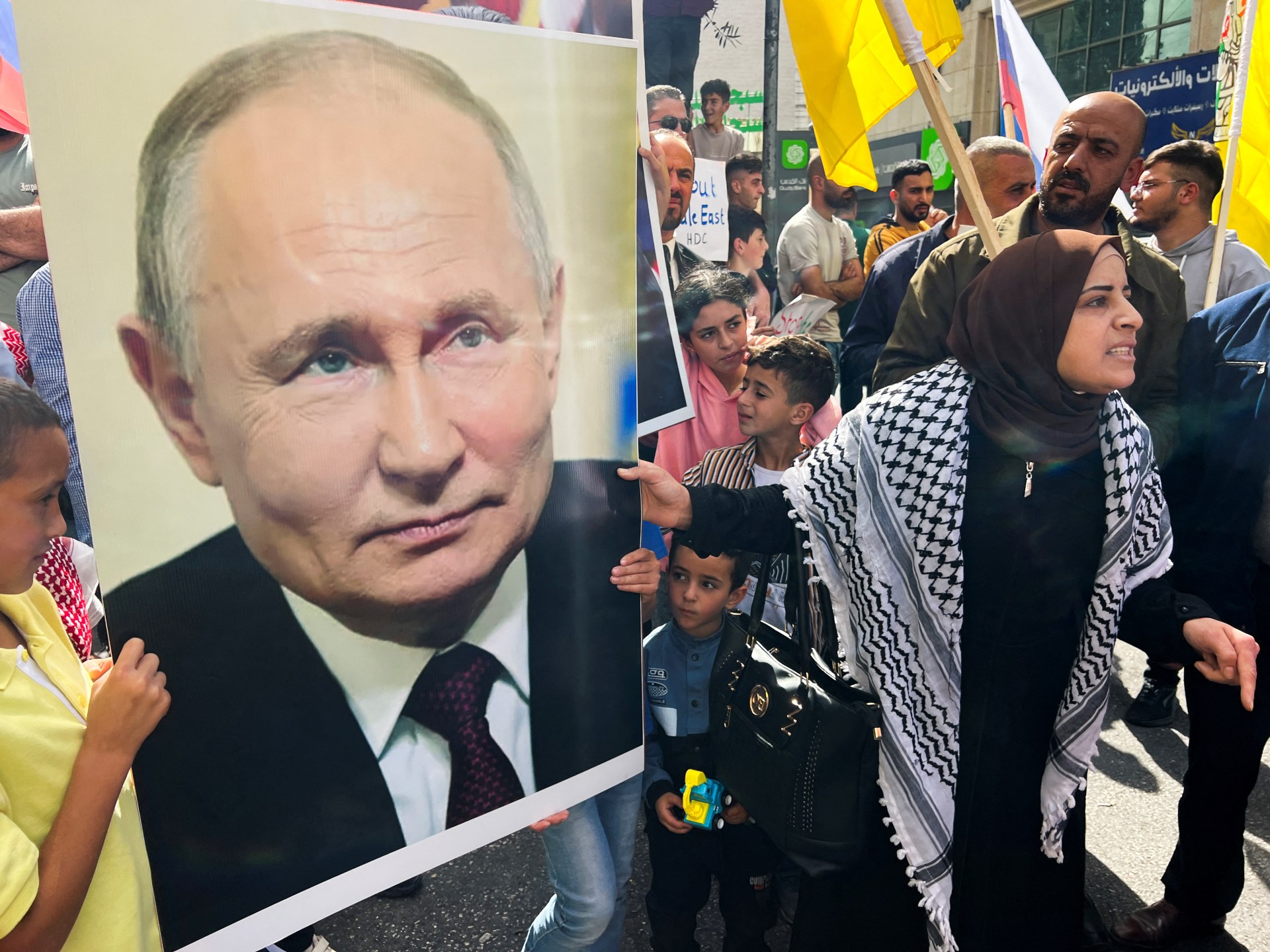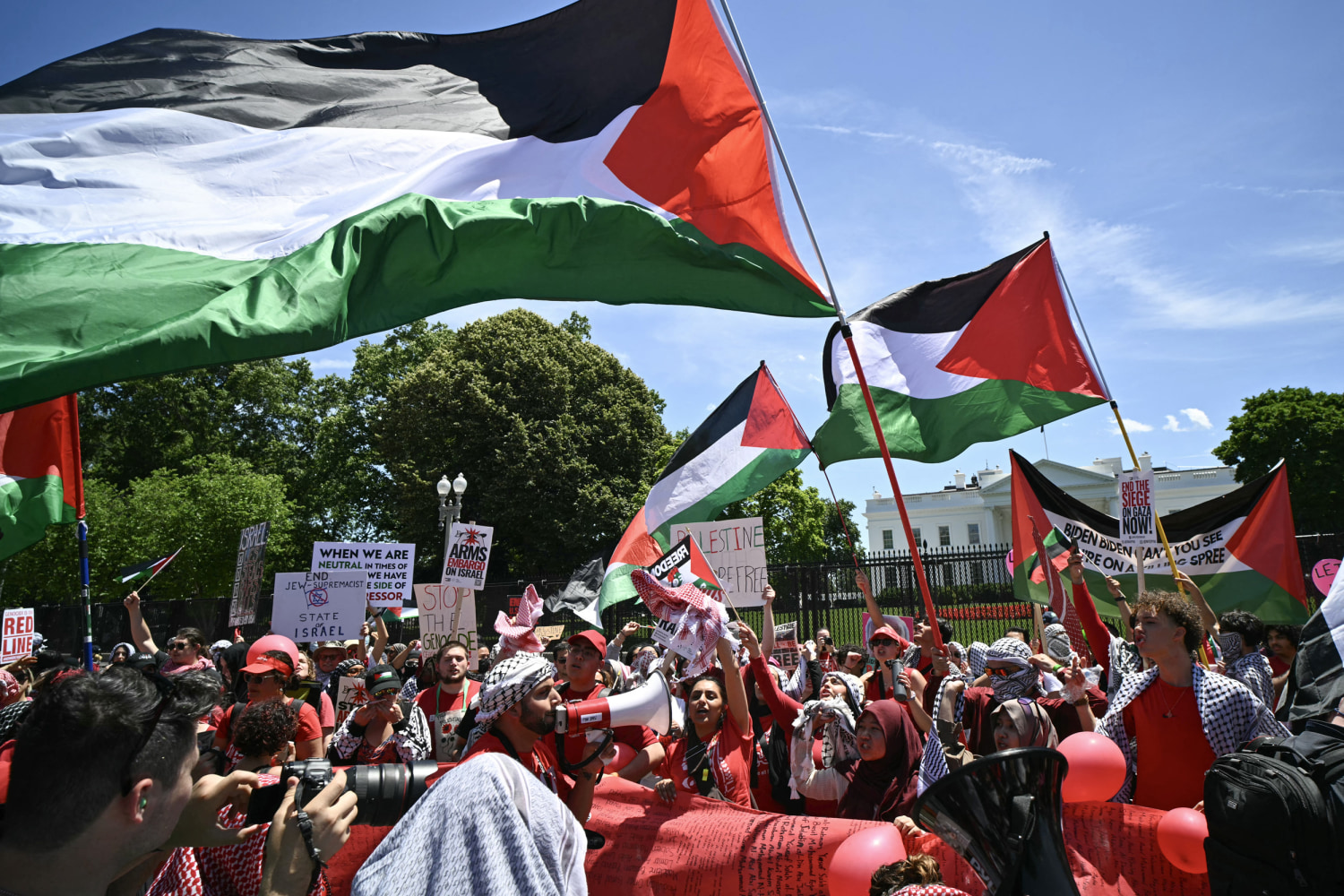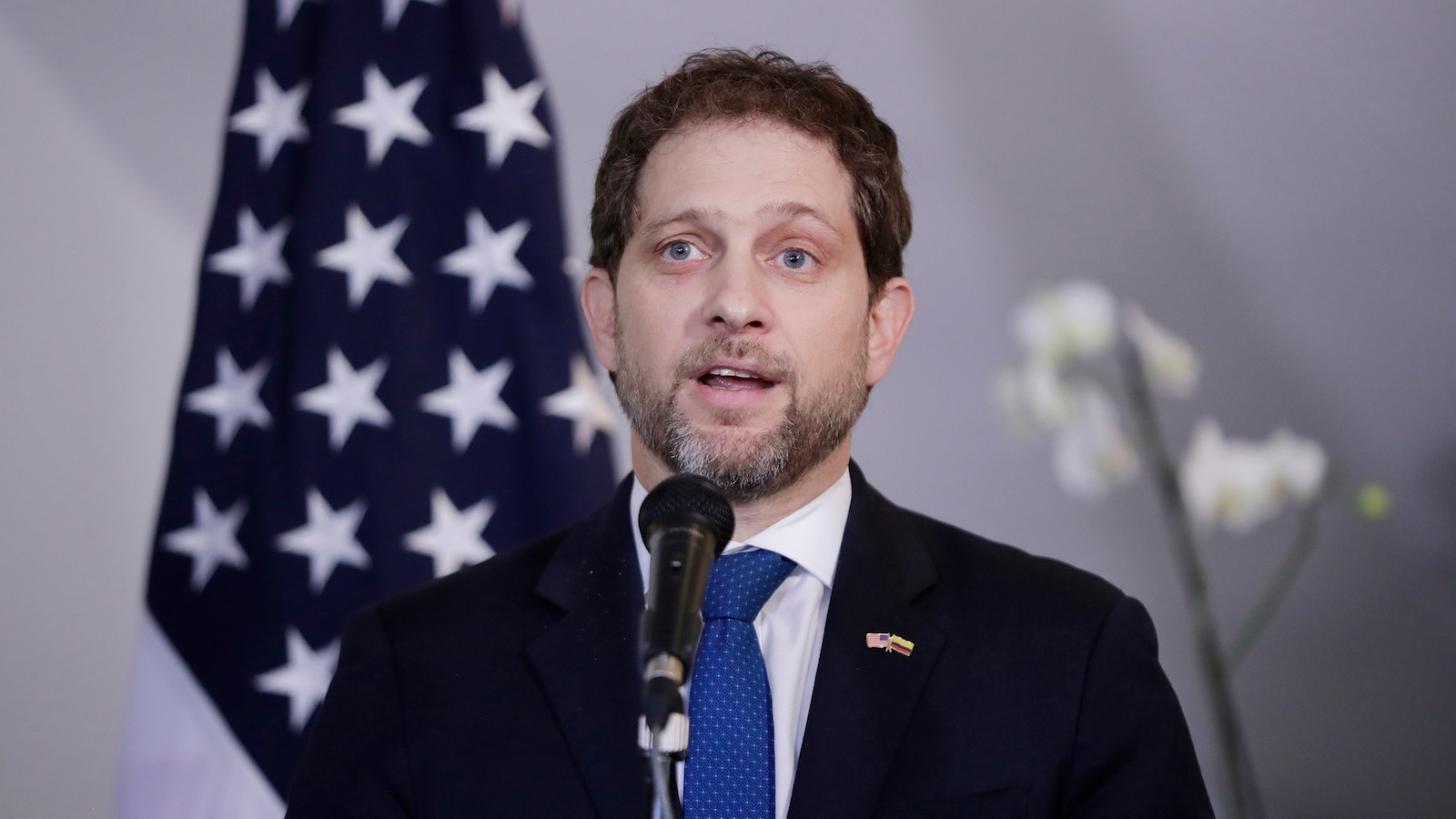Palestinian Leader Abbas Meets Putin to Discuss Gaza War and Middle East Dynamics
In a recent meeting between Palestinian leader Mahmoud Abbas and Russian President Vladimir Putin, the two leaders discussed a range of issues related to the conflict between Israel and Palestine, including the recent war in Gaza.
Russia’s Role in the Conflict
Russia has maintained relations with both Israel and Palestine, but experts believe that its actual influence over the conflict is limited. According to Samuel Ramani, author of Russia in Africa, Russia’s engagement with Palestine primarily serves to cement its presence within the Arab world by demonstrating solidarity with the Palestinian cause while the United States supports Israel.
Unlike the United States and European Union, Russia has not designated Hamas as a “terrorist” organization. It has welcomed Hamas delegates to Moscow and treated them as a legitimate political force. However, these meetings have not resulted in any tangible outcomes.
Russia has also criticized Western countries for their support of Israel. At the UN Security Council, Russia has used its veto power to block British and US proposals related to Gaza, which Palestinians appreciate. However, this has not translated into significant benefits for Palestine.
Russia’s Support for Palestine
Despite its limited influence, Russia has provided some support to Palestine. The Russian emergency ministry has dispatched aid to the besieged Gaza enclave, and Russia has also hosted conferences aimed at bridging divisions between Palestinian factions.
Israel’s Deeply Intertwined History with Russia
The history between Israel and Russia is complex and multifaceted. Jews from the Russian Empire formed the first wave of mass migration from Europe to Palestine, escaping persecution and pogroms.
After World War II, the USSR initially supported the partition plan for Palestine and recognized the Jewish state. However, it soon severed ties with Israel and began arming and supporting Arab nations and Palestinian liberation movements.
In the 1967 Six-Day War, the USSR cut diplomatic ties with Israel until the end of the Cold War. Modern Russia has attempted to balance its relationship with Israel with support for Palestine.
Putin’s Relationship with Israel and Concerns over Syria
Israeli Prime Minister Benjamin Netanyahu and Putin have enjoyed a friendly rapport, but Russia’s involvement in Syria has raised concerns. Russia’s collaboration with Hezbollah, an Iranian-backed group, has strained its relationship with Israel.
Israel fears that Russia could harm the Jewish community in Russia if relations deteriorate. Moscow, in turn, does not want Israel to arm Ukraine or damage its forces in Syria.
Relations between Israel and Russia have become strained since the invasion of Ukraine. Israel has criticized Russia’s actions and refused to sanction it. Putin’s anti-Semitic comments and the comparison of the bombardment of Gaza to the siege of Leningrad have further strained ties.
The Iran Factor
In July 2022, Hamas’s political chief was assassinated in Tehran. Iran has promised retaliation, and Russia has condemned the killing. Experts ponder the potential implications for a conflict between Israel and Iran and Russia’s potential role.
Conclusion
While Russia’s influence over the Israel-Palestine conflict is limited, its support for Palestine and its relationship with Israel remain complex and multifaceted. The meeting between Abbas and Putin highlights the ongoing diplomatic efforts and attempts to find a resolution to the conflict.



